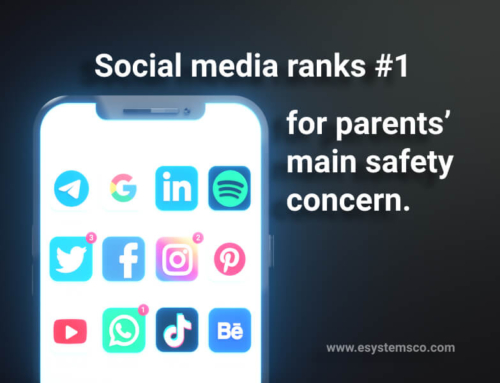Online is a relatively safe environment compared to many other places. While many have suffered a tragic loss, the reality is that internet safety is a global issue that can never be solved. Not all of us are at risk, but no one is immune, and the risk grows as we get older. Parents need to take an active role in their children’s online safety and educate them on how to stay safe from the dangers of the internet. Because our users are often young and internet-savvy, some of them may be more at risk for online predators than their offline counterparts. The short answer is that we think it’s as safe as it gets. But if you think about how people use the internet to research, shop, bank, receive health care, book travel, fund charities, etc. It’s clear that the internet is not completely safe, despite our best efforts. With the advancement in technology, Social media platforms are becoming secure. Data breaches are rare but we need to keep our accounts in a safe place immediately.
Internet usage guidelines that assist us in remaining secure online
We can’t make changes to how people use the internet, but we can make recommendations to help protect people online. We recommend that you should follow these tips:
Update your antivirus program to the latest recent version
Antivirus software is a crucial defense against viruses and other malware that can steal your personal data. Make sure you’re using the latest version to get the most benefit from it. This will ensure you have the latest security protections available, no matter where you go on the web. In fact, without it, you’re leaving yourself at risk.
Create Secure Passwords for Your Accounts
Passwords should be at least 10 characters long, contain both letters and numbers, and use a combination of upper and lowercase letters, no spaces, and use a mix of alphanumeric and special characters. If you can, avoid a single-use password or passphrase. You should also avoid using the terms “password” and “passphrase” as they are often associated with weak passwords, such as simply numbers and letters.
Use caution when browsing and keep your privacy settings turned on
Browsing refers to the process of looking for information on the internet. Browsing with safety means limiting the amount of information you share on the internet. Browsing is a good thing to do, but it is only one quick action to take to protect yourself online. You should also use a common-sense approach. Your first rule is to always be careful about where you go online. Your accounts should always be kept private.
When downloading anything from the internet, use caution
Before you download anything from websites, always be sure that you’re downloading from a trustworthy source. Do not download anything from the internet if you are not sure it is safe. Trust your instincts. If you feel like you’re being scammed or that your information is being shared without your consent, don’t download anything or share anything online. Hackers can upload viruses to your computer through downloaded files.
Be Careful about people you meet online
Because the internet is a very public place, it is easy for someone to pretend to be someone else. If you haven’t taken the necessary precautions, you might not know whom you are really talking to until it is too late. Always keep your guard up by being extra careful and never giving out personal information.



